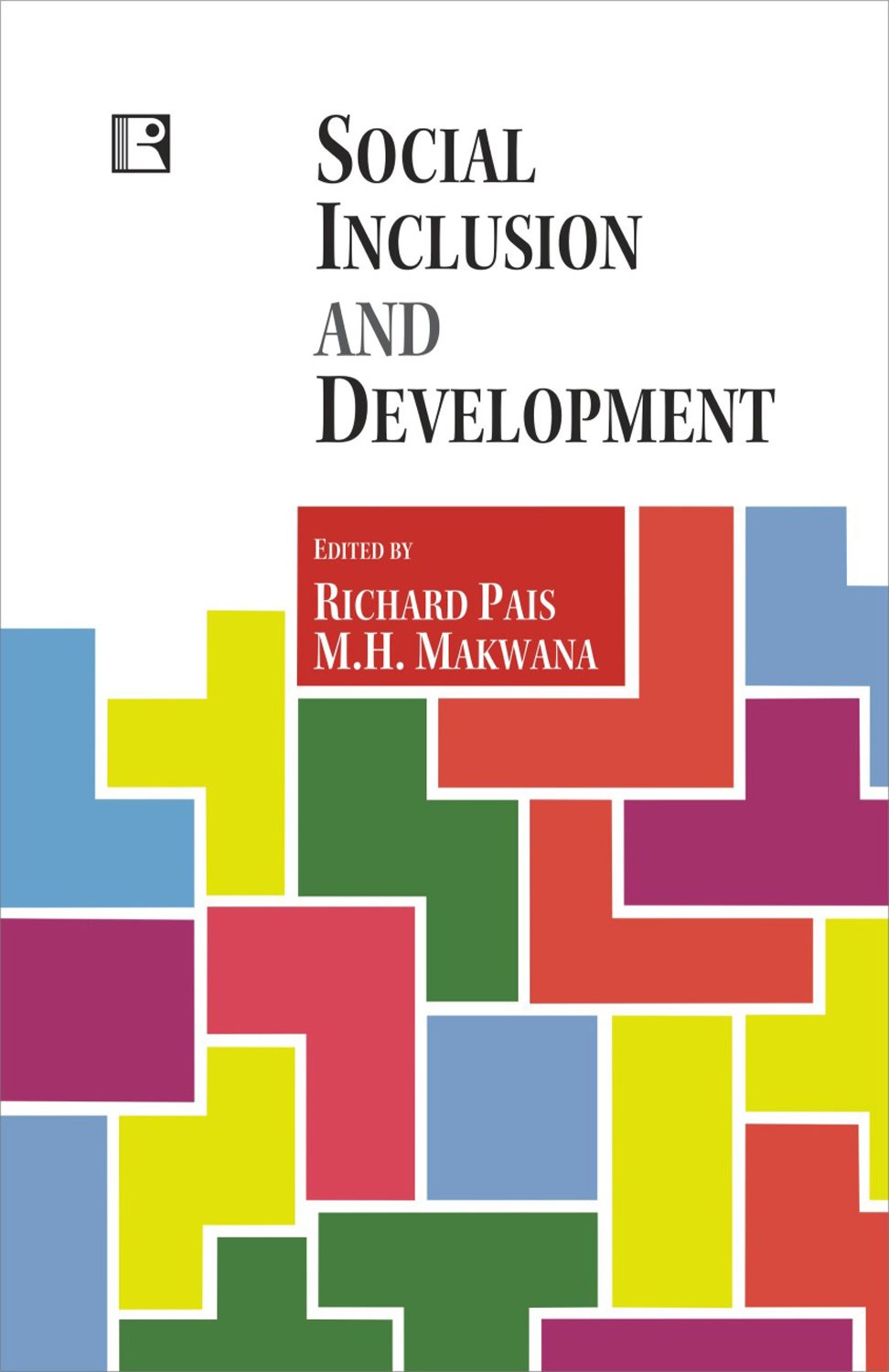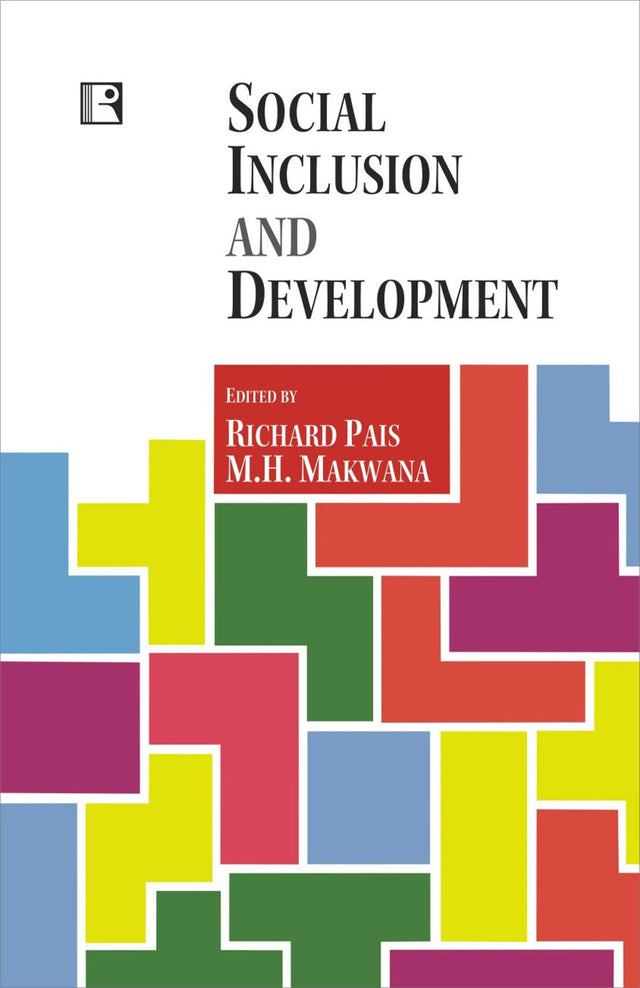Social Inclusion and Development
Social Inclusion and Development is backordered and will ship as soon as it is back in stock.
Couldn't load pickup availability
Genuine Products Guarantee
Genuine Products Guarantee
We guarantee 100% genuine products, and if proven otherwise, we will compensate you with 10 times the product's cost.
Delivery and Shipping
Delivery and Shipping
Products are generally ready for dispatch within 1 day and typically reach you in 3 to 5 days.
Book Details
-
Author: Richard Pais
-
Publisher: Rawat Publications
-
Language: English
-
Edition: 2018
-
ISBN: 9788131608548
-
Pages: 334
-
Cover: Hardcover
-
Dimensions: 9.0 x 6.0 x 1.0 inches
About the Book
The concepts of social exclusion and inclusion are widely discussed across various disciplines of social sciences. Social exclusion refers to the process in which individuals or entire communities are systematically marginalized, preventing them from accessing rights, opportunities, and resources. On the other hand, social inclusion focuses on the positive actions needed to integrate these excluded and vulnerable groups back into society, promoting equality of opportunity and access.
This book addresses the growing concern of social exclusion and the policies geared towards achieving social inclusion. It discusses the significance of social inclusion in promoting social development and its role in creating a more just and equitable society. It is a collection of insightful articles by various scholars who examine how social exclusion leads to inequality and uneven development, while also exploring policies and efforts aimed at fostering inclusion in both social and economic contexts.
Through various case studies and research, the book provides a comprehensive look at the challenges and promises of social inclusion, especially within the Indian context. It covers a wide range of issues, from Dalit entrepreneurship to inclusive education for children with special needs, highlighting both progress and the obstacles that still remain. The contributors also delve into the connection between social exclusion and unequal development, showcasing the critical need for inclusive strategies to address these disparities.
The book serves as an essential read for anyone interested in understanding the dynamics of social exclusion, the role of social work, and the policies required for a more inclusive and just society.





